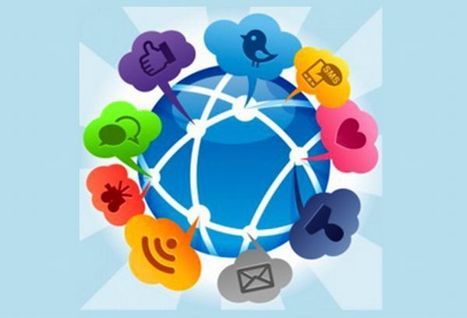Twitter can serve as a dashboard indicator of a community’s psychological well-being and can predict county-level rates of heart disease, according to new research published in Psychological Science, a journal of theAssociation for Psychological Science.
Previous studies have identified many factors that contribute to the risk of heart disease, including behavioral factors like smoking and psychological factors like stress.
Researchers from the University of Pennsylvania demonstrated that Twitter can capture more information about heart disease risk than many traditional factors combined, as it also characterizes the psychological atmosphere of a community.
The findings show that expressions of negative emotions such as anger, stress, and fatigue in the tweets from people in a given county were associated with higher heart disease risk in that county. On the other hand, expressions of positive emotions like excitement and optimism were associated with lower risk.
The results suggest that using Twitter as a window into a community’s collective mental state may provide a useful tool in epidemiology:



 Your new post is loading...
Your new post is loading...













